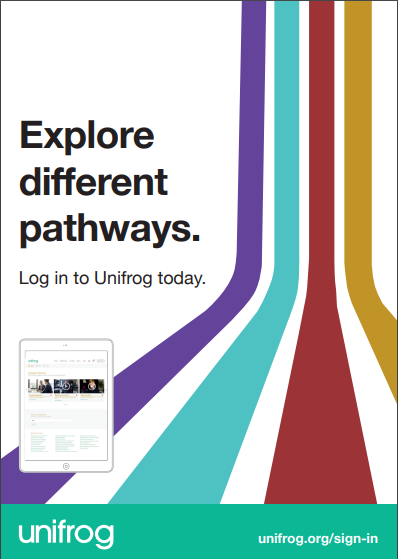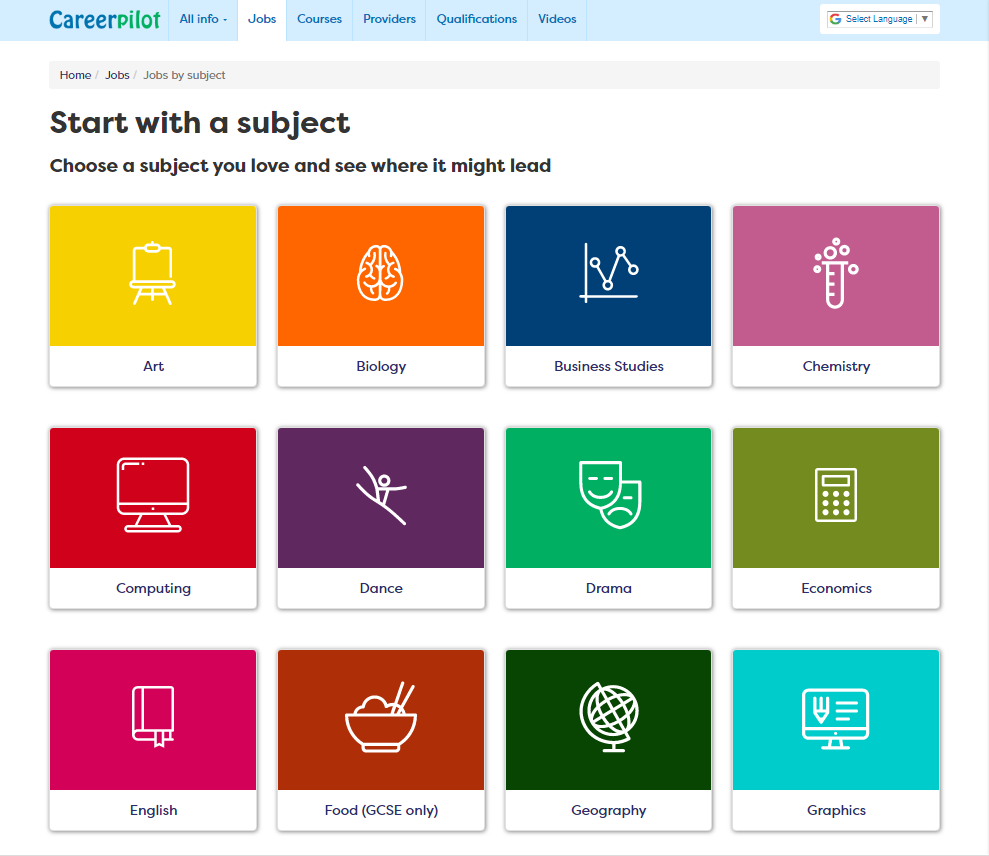With the aim to improve the employability of young people, the government has expressed a desire for more young people to study a modern foreign language at GCSE. This is something that we would like to see at Bishop Challoner.
Your child is on the Red Pathway - What does this mean?
They will be studying subjects that make up the Ebacc suite of GCSEs. It also means that their teacher believes that they are capable of achieving a grade 5 or above in French at GCSE.
Your child is on the Blue Pathway - What does this mean?
They can choose to study French if they wish to and they have the right mind set. They will need to consider carefully whether studying French at GCSE is the most appropriate choice and a good performance in the forthcoming summer assessments will be important.
Is French is the right subject for your child?
French and English are the two languages spoken on all 5 continents. However, being able to speak French is not the only purpose of studying it at GCSE level.
Numerous colleges and universities will welcome students who have shown the resilience of studying a language.
It is important to remember what GCSE actually stand for, i.e. General Certificate of Secondary Education.
Many students in Year 9 are not yet ready to decide which field they want to work in. If this is the case, studying a language will help them keep their options open.
We believe that studying GCSE French will help to equip students with a set of transferrable skills that they may need in the future. These include:
General knowledge and cultural diversity:
Learning a foreign language provides an opening to other cultures.
Resilience:
Sometimes studying a language can be challenging because of the grammar and vocabulary learning involved.
Problem solving:
Similarly to maths or science, French involves solving problems, to work out the meaning of phrases that sometimes seem to make little sense in English.
Writing and speaking skills:
By enriching their vocabulary. Did you know that approximately 50% of the English language comes from French?
Communication skills:
French often involves having to make new sounds, this challenges students to come out of their comfort zone and helps them build on their confidence.
What will you study?
Studying French at GCSE is very similar to what they have been studying so far. Many themes and topics already studied at KS3 form part of the GCSE topics. New topics are also introduced:
Theme 1 - Identity & Culture
- Relationship with family & friends (marriage/partnership)
- Technology in everyday life (mobile/social media)
- Free time activities (sport, TV/Cinema/music/eating out)
- Customs & festivals in French speaking countries & communities
Theme 2 - Local, national, international and global areas of interest
- Home town, neighbourhood, region
- Social issues (charity work/ healthy lifestyle)
- Global issues (environment/poverty & homelessness)
- Travel & tourism
Theme 3 - Current & future study & employment
- My studies (life at school/college)
- Education post 16
- Career choice & ambitions
The AQA French GCSE consists of 4 skills with equal weight (25% each): Listening, Reading, Speaking and Writing. All 4 skills will be assessed in one exam each at the end of Year 11.
If you have any questions, please speak to a language teacher in L3 on Year 9 Pathways Evening, or email Ms Mazabraud, Head of Languages, at:
c.mazabraud@bishopchalloner.bham.sch.uk
Where can you find out more about where your subjects can lead to?


Please see Miss Darby (Careers Leader) about any login issues.
.png)

No logins required for this website.
For even more careers information, please go to www.nationalcareers.service.gov.uk